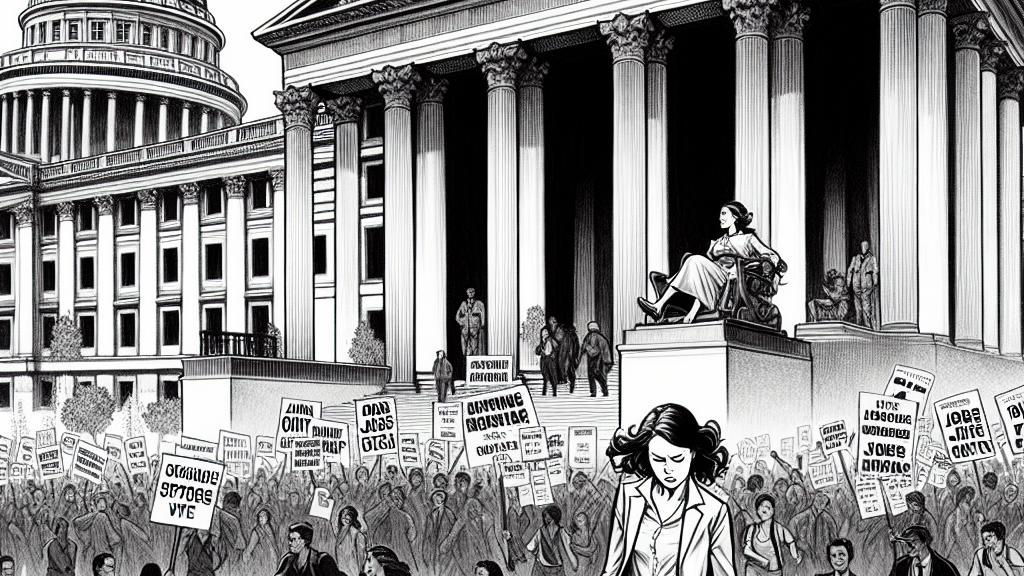From Allies to Uncertainty: The Tumultuous Turn in India-Bangladesh Relations
Overview
- The unexpected ouster of Sheikh Hasina signals a dramatic shift in India-Bangladesh relations.
- Protests in Bangladesh reveal deep-rooted political issues and public discontent.
- India faces a pivotal diplomatic challenge in adapting to a new political landscape.

The Abrupt Fall of Sheikh Hasina
The recent turmoil in Bangladesh, marked by the sudden ouster of Prime Minister Sheikh Hasina, has caused seismic shifts in the longstanding relationship between India and Bangladesh. Hasina, who held office for more than 15 years and has been an instrumental ally for India, fled her country amidst a massive wave of protests initially driven by student concerns over job quotas. As the leader known for championing closer ties with India, her exit signals the potential end of an era of cooperation. With the once-stable political landscape now engulfed in uncertainty, India must navigate the implications of Hasina’s departure, which could reshape regional alliances and impact security dynamics along its borders.
Protests Unmask Political Fractures
The protests that culminated in Hasina's ousting have laid bare the profound political and social issues plaguing Bangladesh. Rising from a student-led movement, these demonstrations reflected widespread frustration over issues beyond job quotas, including corruption, electoral malpractice, and repression of freedoms. The violence that resulted in more than 280 deaths signifies a critical turning point; it highlights not only public discontent but also the risks of further authoritarianism, threatening to unravel the fabric of Bangladeshi democracy. Moreover, as Bangladeshis demand reform, the incoming government will need to address these grievances, ensuring that the voices of citizens are recognized and that civil liberties are restored, posing challenges for any foreign influence, particularly from India.
India's Diplomatic Challenges Ahead
In this climate of political volatility, India finds itself at a crossroads, requiring a thoughtful recalibration of its foreign policy toward Bangladesh. Historically, India has benefitted from a cooperative and friendly Bangladesh under Hasina, who facilitated crucial security measures and trade routes. However, with the uncertainty of who will emerge as the new power holders and the potential for a government less aligned with Indian interests, Delhi must act promptly. Engaging with newly appointed leaders while fostering relationships with influential figures like Muhammad Yunus could safeguard India's interests. Additionally, understanding the aspirations of the youthful Bangladeshi populace, which seeks engagement and reform, will be imperative. This dual approach of diplomacy and outreach can maintain stability, preserve bilateral ties, and potentially turn challenges into opportunities for deeper collaboration.

Loading...